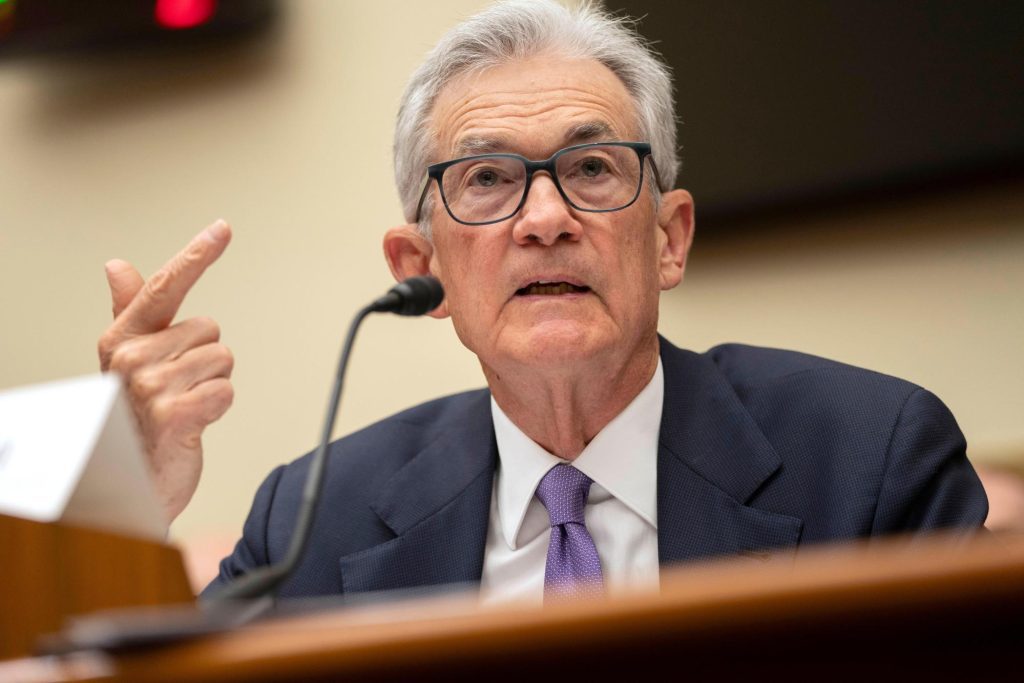Before the Federal Reserve’s meeting on interest rates and inflation, progressive lawmakers are urging the central bank to carefully think about the impact of keeping high interest rates on housing affordability and other economic issues.
The congressional Progressive Caucus sent a letter to Fed Chair Jerome Powell, urging the Federal Open Market Committee (FOMC) to seriously consider the negative economic effects of maintaining excessively high interest rates for too long. They also requested a prompt timeline for future rate reductions, even though Chair Powell has indicated that the March FOMC meeting will not see a reduction in the federal funds rate.
Powell is expected to announce the council’s decision on interest rates at 2 p.m. Wednesday. Despite inflation returning near the central bank’s 2% target, Powell has indicated that the council is unlikely to have enough confidence in sustained target inflation to announce rate cuts at the upcoming March meeting.
The central bank is expected to maintain the federal funds rate at 5.25% to 5.5% in Wednesday’s announcement, which will keep lending rates high for many prospective homebuyers and consumers. However, economists have speculated that rate cuts could happen as soon as the June meeting.
In a letter signed by Massachusetts lawmakers Rep. Ayanna Pressley and Sen. Elizabeth Warren, they expressed concerns about the impacts of the current monetary policy on housing market imbalances, home ownership affordability, risks for banking stability, and potential threats to strong employment and wage growth. They also mentioned reductions in economic and racial inequalities.
Warren also stated her belief that the high rates are hindering clean energy projects across the country in a post on X, formerly Twitter, on Tuesday.
The senator stated, “It’s time for the Fed to cut interest rates.”
In Massachusetts, interest rates have contributed to the continued increase in home prices, with the cost of a single family home rising 10% in February 2024 to a median price of $548,250.
“Housing affordability is the top concern for my constituents,” Pressley said during a House Financial Services Committee hearing in early March. She urged Powell to listen to the families in her district and across the country by cutting interest rates.
Vincent Reinhart, chief economist at Dreyfus-Mellon and a former Fed economist, points out that the Fed usually cuts rates quickly when the economy worsens in an attempt to prevent a recession. However, the current healthy economy has caused the Fed to consider rate cuts slowly and methodically, mainly due to the decrease in inflation from a peak of 9.1% in June 2022.
The Fed is taking a cautious approach to rate cuts, similar to the way it conducts rate hikes, by carefully analyzing often-conflicting data to determine the economy’s direction.
“The Federal Reserve is influencing things, not things influencing the Federal Reserve,” Reinhart said. “That’s why this task is different than others.”
— Herald wire services contributed









